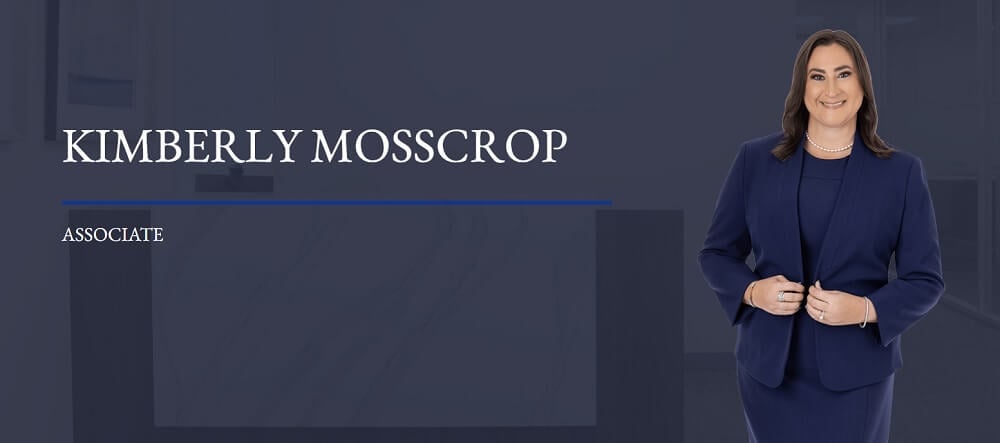Every adult should have certain key legal documents, including a Last Will & Testament (a “Will”), Health Care Proxy, Power of Attorney and a Living Will. However, in many cases, it’s also beneficial to have a trust (Revocable or Irrevocable). Among the benefits of a trust is that the assets titled in the name of the Trust avoid probate, which is the legal process through which a Will is approved so your assets can be distributed in accordance with your wishes.
Why would you want to avoid probate? Here are four important reasons:
- Saves time. During probate, the Surrogates Court reviews the Will and verifies that the executor has contacted all beneficiaries and creditors, filed an inventory of assets, filed and paid taxes, and distributed the assets correctly, among other duties. That takes time. A delay of months or more in closing out your estate can have a significant impact on heirs who may need the assets immediately.
- Less expensive. Probate can be costly. Most people hire an estate administration attorney to handle the complicated process. In addition to paying a lawyer, the executor is also entitled to a fee for administering the estate. Finally, there are filing and other court fees that add to the cost of probate.
- More privacy. If you go through probate, your Will becomes a matter of public record viewable by anyone. Many people prefer that the terms of their Will, the value of their assets and beneficiaries remain private.
- Minimizes legal challenges. A Will can be challenged by heirs who believe that the Will is invalid or a product of undue influence. If you anticipate a Will contest, having a trust reduces the risk of litigation.
A trust is not right for everyone even if it does avoid probate. It’s essential to discuss the issue with an experienced attorney who can explain the pros and cons of a trust for your unique situation.
In addition, a trust may not be sufficient to address all of your assets, so you may still need a Will along with the trust. It’s common for individuals to fail to transfer ownership of all assets to the trust. If that happens, it’s essential to have a Will. If you don’t have a Will, the assets that didn’t go into the trust will be distributed according to New York’s intestate succession laws.
Estate planning may seem complicated, but it doesn’t have to be if you have a skilled attorney to walk you through the process. If you need an estate plan or want to review or update an existing one, contact us for a free consultation.


